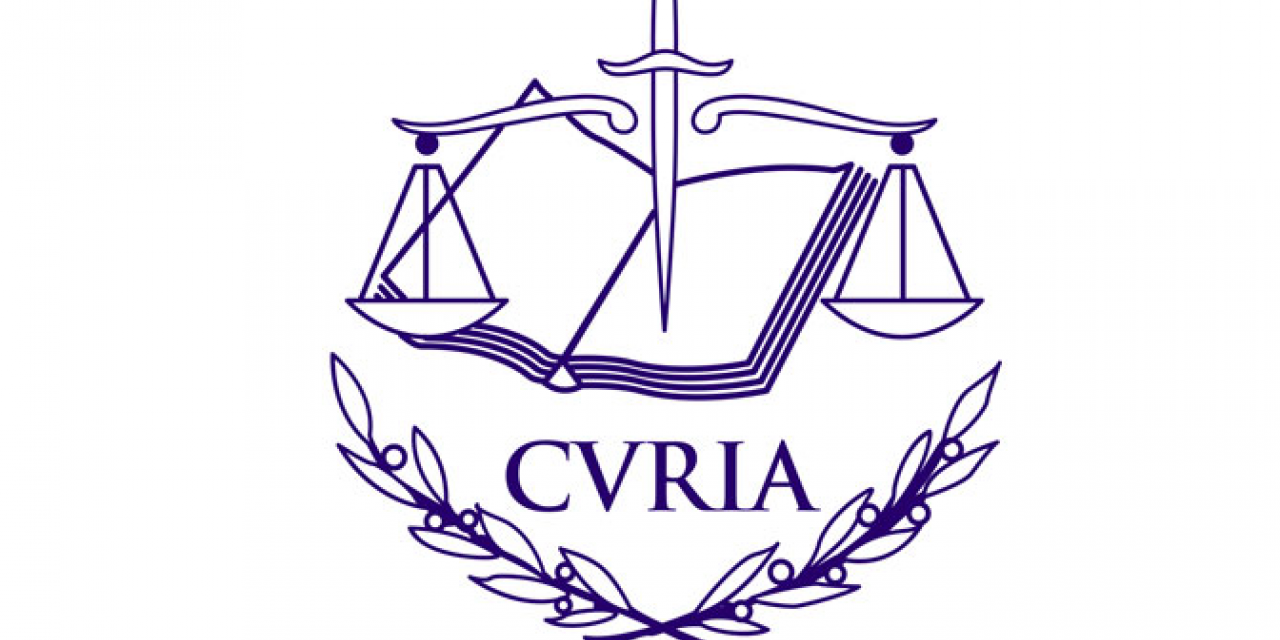
The Court of Justice of the European Union has made a landmark ruling that prohibits software publishers from opposing secondhand sales of their programs (and games).
The lengthy and exhaustive ruling covered most – if not all – of the legal tactics employed by software publishers to prevent secondhand sales. Most prominently, the court ruled that firsthand purchasers of software have the right to resell it even if they signed a license agreement that prohibits that. "[This] would allow the copyright holder to control the resale of copies downloaded from the internet and to demand further remuneration on the occasion of each new sale, even though the first sale of the copy had already enabled the rightholder to obtain an appropriate remuneration," the court explained. "Such a restriction of the resale of copies of computer programs downloaded from the internet would go beyond what is necessary to safeguard the specific subject-matter of the intellectual property concerned."
The court also made it clear that this ruling applies even in cases was the software developer states in the EULA that the purchaser is only granted a license to use the software. The court ruling explained that a "sale" in the legal sense should be interpreted broadly as "the grant of a right to use a copy of a computer program, for an unlimited period, in return for payment of a fee" and that otherwise, "suppliers would merely have to call the contract a ‘licence’ rather than a ‘sale’ in order to circumvent the rule of exhaustion and divest it of all scope."
This ruling is now part of the EU law and all EU member states are bound by EU law to interpret or modify their local laws to comply with it.








